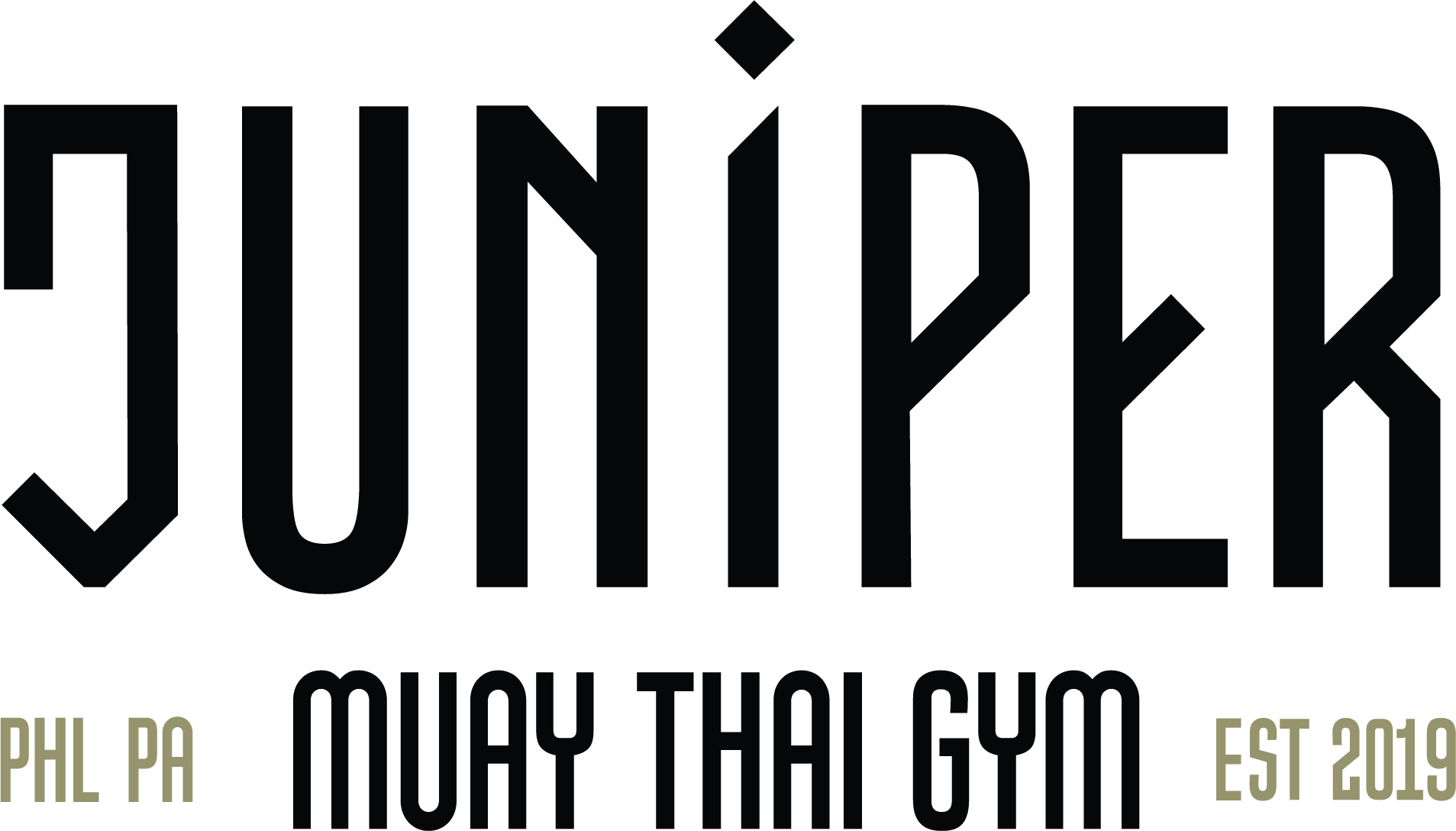How to Excel as a Training Partner
Many Muay Thai gyms float around a phrase that goes something along the lines of this: ‘A good padholder makes a lot of friends.’ This is absolutely true. Students and fighters need good training partners. Without good training partners, progression is wildly slowed. Solid training partners not only provide padwork, sparring and clinching, but also motivation and very often a goal to strive towards.
A rising tide lifts all boats. Focus on being a good training partner, and we promise that your teammates and YOU will greatly increase your rates of progression.
Support your teammates when they fight!
Here are our some keys to being a good training partner:
DON’T STINK!
Wash your clothing and handwraps. Bring extra shirts if you sweat a lot.
Disinfect and air out your gear. Some lysol wipes and a box fan are all you need to keep neutral smelling gear. I am also a big fan of the deodorizers made for gloves and gym bags.
Clip your finger nails and toe nails. This is especially important for clinching.
Use your general hygiene senses. This is a contact sport. Does your breath stink? Do you need deodorant? Etc.
On a more serious note. Sports like Muay Thai, wrestling, and Jiu Jitsu have a lot of close contact. These sports experience the highest rates of skin infections like ringworm and staph. No matter how much we clean the gym, if students do not clean their gear, the gym is at risk.
2. Understand Muay Thai and ‘Range’
If you hold pads and do not understand range, you may call unrealistic combinations that string together long range, medium range, and short range strikes in no logical order. A rear teep to an up-elbow to a switch kick to an uppercut is not a realistic or applicable combination. This frustrates partners and builds bad habits.
Folks who understand the sport and have a good knowledge base to draw from are often excellent padholders and partners. They create realistic situations for their partners, know how to correct small mistakes, and build good habits.
Watch Muay Thai to know the basic ‘do’s and dont’s’. Learn through osmosis by watching the best. This alone will make you better at Muay Thai. An easy start is to watch some of our favorite fighters. You can find the blog post here.
3. Lose your ego
Sparring is for learning not for winning. If you always try to ‘win’ in sparring, you are more likely to injure your training partners, escalate the intensity of the round, and do something goofy like bang knees, clash heads, or mashup toes.
Don’t over-teach. Ultimately, you are not the coach. Students that constantly try to correct their teammates throughout the class are often more detrimental than beneficial. You are there to train and learn, not show off your knowledge set. Basic instructions like, ‘Keep your hands up. Turn your kick. Or, keep your elbows in.” Are very helpful for your partner. But you are not teaching a seminar. There is not need to teach multiple new techniques during a freestyle round of pads.
Seek out the folks better than you. Folks that may dump you over and over again in the clinch, or put it on you in sparring. The harder you work in the gym, the easier it will be to succeed in the ring.
Likewise, don’t avoid folks who have less experience than you, are a different size, or are not at your skill level. You can practice limiting your strikes in sparring (for example, restricting your favorite kick or punch to work on your other tools), or practice your defense and eyes. Their progression will ultimately benefit you.
4. Motivate your Teammates and Be the Hardest Worker in the Room
Your hard work motivates others. Ultimately it is not your job to motivate your training partners. However, everyone has off days. Word of encouragement are very needed during training camps. A hard worker in the room motivates everyone to push a bit more. Again, it is not your job to motivate others. However, it’s a great feeling to have someone come up to you and say, ‘Your work ethic helped me succeed X, Y, or Z.’
Don’t only train when you have a fight coming up. Run with your teammates. Give them extra work in the gym. Help them cut weight.
Muay Thai is an individual sport. However, without a solid team, it is very hard to improve, very hard to be successful in the ring, and very hard to stay motivated for long periods of time. In just 6 months, we have 85+ people training hard to improve themselves in and outside of the ring. The community at Juniper Muay Thai has become something special, and we cannot wait to continue growing this young team. YOU ALL make Juniper Muay Thai. You help set the vibe, push the work output to new heights, and motivate your teammates. Use this article as a guideline and it will not only improve your teammates Muay Thai but yours as well.



